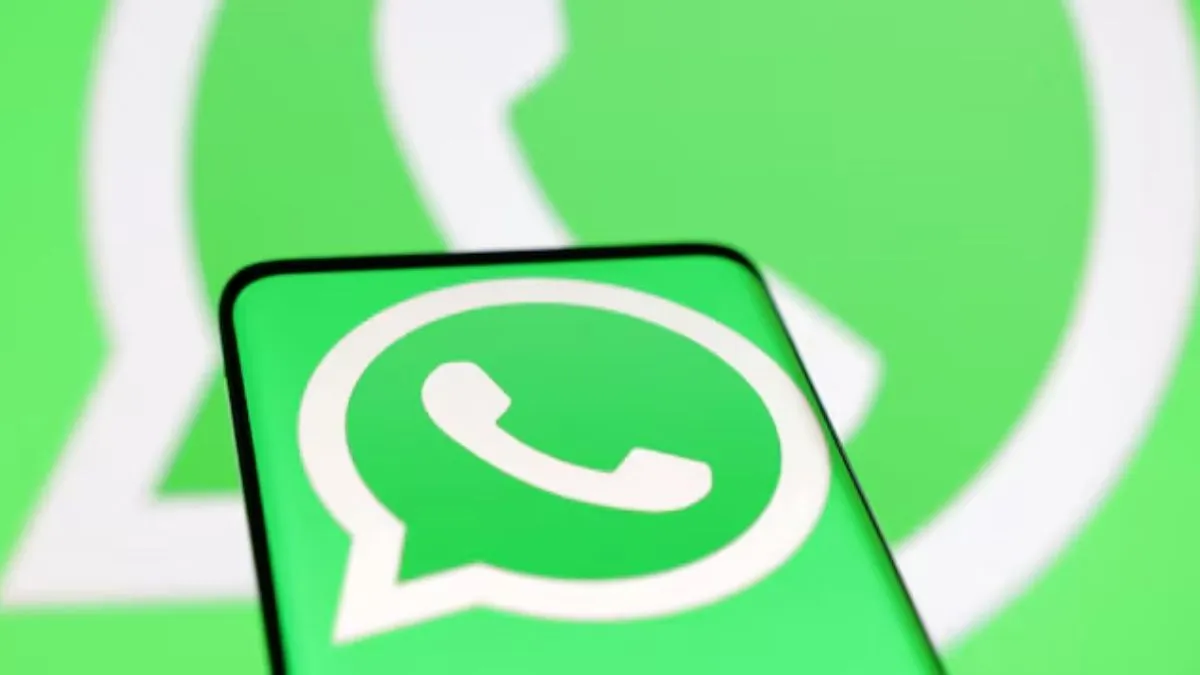WhatsApp, an instant messaging platform has been integrated with Meta AI into its platform, for enhanced user experience with artificial intelligence. Now, the messaging giant has been developing a new feature for Meta AI which is called the 'Chat Memory Feature’. This feature will be capable of enabling the AI to remember the key details which are shared by the users during conversations.
A new feature spotted in the beta update
The popular website WABetainfo, known for tracking WhatsApp updates, has reported this new feature. According to their latest report, the WhatsApp beta for Android version 2.24.22.9 is now available on the Google Play Store, showcasing the company's work on the chat memory feature for Meta AI. The feature is currently under development, with WABetainfo even sharing a screenshot of its early design.
Enhanced user feedback and personalization
The new chat memory feature aims to provide users with more accurate and personalized responses. Meta AI will have the ability to retain information like a user’s birthday, dietary preferences (e.g., vegetarian or non-vegetarian), and even their conversation style. This enhancement will allow the AI to deliver feedback that is better tailored to individual users' needs and preferences.
More useful and intelligent AI interactions
Once this feature is rolled out, Meta AI will become even more valuable for WhatsApp users, offering more precise answers based on previously stored information. Although the feature is still in the development phase, users can expect it to be included in upcoming WhatsApp updates, making interactions with Meta AI smarter and more intuitive.
ALSO READ: Do you know, that Ratan Tata helped BSNL with Rs 15,000 crore: Here’s why
Among his many contributions, one of the most noticeable investments was in the telecom sector- which is less known to many. His company supported Bharat Sanchar Nigam Limited (BSNL), a government-owned telecom service-providing body in India. Here is what happened, and why he helped the telecom company.
According to Viasat, Direct-to-Device connectivity is a revolutionary technology that enables mobile phones, smartwatches, and even cars to connect directly to a satellite network. The technology is designed to support both personal and device communications, offering reliable connectivity regardless of location. This development is expected to bring wider coverage and reliable communication for users, especially in remote and underserved areas.

